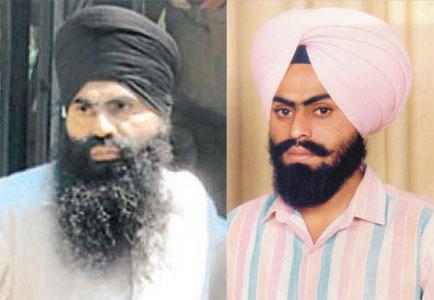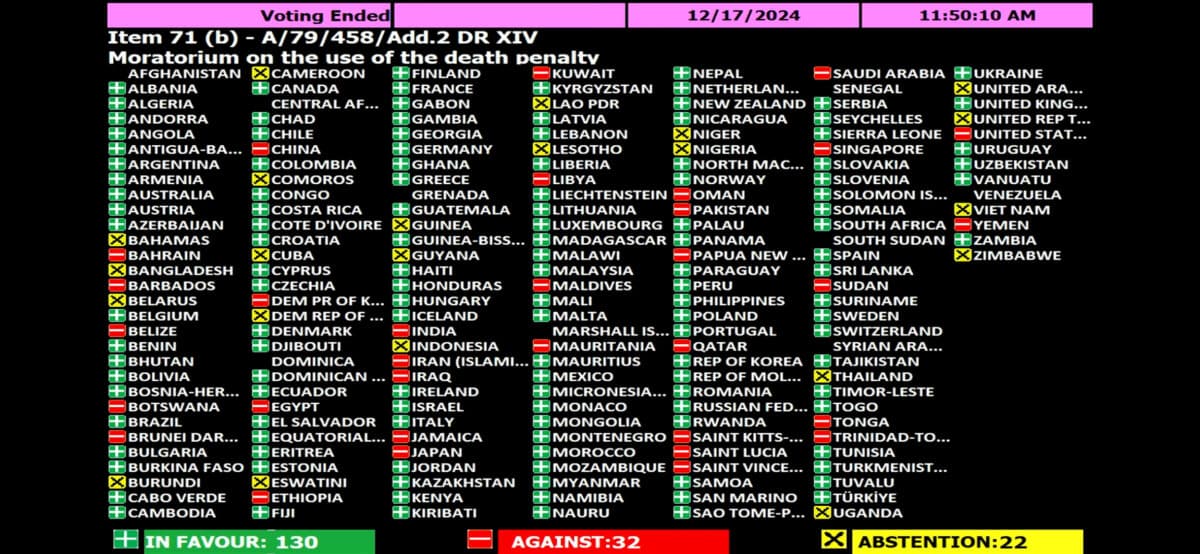
India asked to maintain the moratorium on executions
Asia
Mahatma Gandhi, India’s greatest advocate of peace and non-violence very famously asserted that “An eye for and eye makes the whole world blind”. This maxim may no longer be adhered to by India’s criminal justice system if in the coming days Devinder Pal Singh Bhullar (photo, right) and Mahender Nath Das (left) are hanged.
The World Coalition and other international actors including the International Commission Against the Death Penalty are concerned that in executing these two men, India will break international safeguards aimed at protecting the rights of those facing the death penalty and also move away from the international trend towards the abolition of the death penalty.
In a letter to India’s Prime Minister, Manmohan Singh, the World Coalition points to the inconsistency between Bhullar’s admission into the New Delhi psychiatric facility in January 2011 and the UN Economic and Social Council recommendation that the death penalty be eliminated for “persons suffering from mental retardation or extremely limited mental competence, whether at the stage of sentence or execution.”
The letter continues, “As the world’s largest democracy, and candidate to the UN Security Council, the World Coalition encourages India to take a leadership role in moving towards abolition, with a view of joining the 104 countries in the world that have already abolished the death penalty, and at a minimum, to maintain the de facto moratorium”.
Cruel, inhuman and degrading
Courts in India have previously commuted death sentences for delayed decisions on mercy petitions. A decision on Das’s mercy petition took 11 years while Bhullar’s took 8 years. Furthermore, the Supreme Court regularly commutes death sentences in cases where there is a prolonged stay on death row as is seen as cruel, inhuman and degrading.
World Coalition member organisations Amnesty International and Lawyers for Human Rights International (LFHRI) have mobilised to raise awareness and pressure the Indian Government and judiciary into commuting the sentences.
Sikhs for Justice, another human rights group, has appealed to United Nations Secretary General Bon Ki-Moon to ask the Government of India to commute Bhullar’s death sentence.
Navkiran Singh of LFHRI, stated from its headquarters in India: “We are making best efforts [to commute the sentences], but international pressure would make a difference”.
As we wait to see if international pressure brings relief to these men, news has come that the Bombay High Court has struck down the mandatory death penalty for drug offences, thanks largely to Harm Reduction International’s briefing on international norms for penalties for drug related offences and the Indian Harm Reduction Network’s petition which initiated the proceedings.
India has a population of 1.2 Billion people but has less than 200 people on death row and the last person executed was in 2004.







